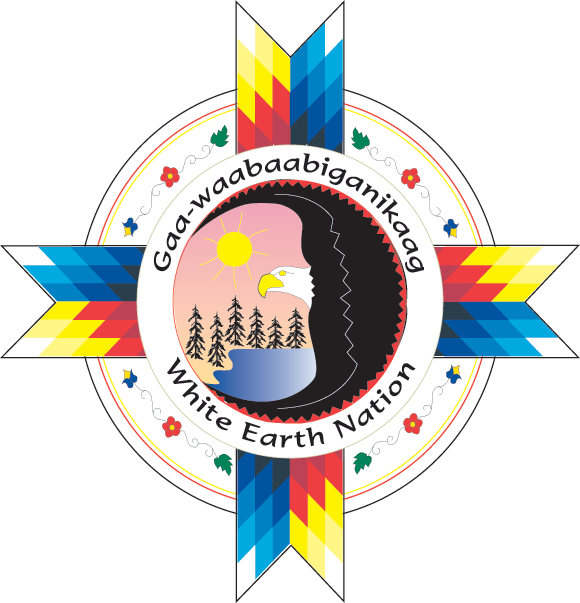The Gidakiiminaan Environmental Program consists of eight seven primary areas: Emergency Management, Air Quality, General Assistance Program (GAP), Pesticides Program, Underground Storage Tanks, Air Quality and Section 128(a) Brownfields. These programs are coordinated with Federal, State and local entities in a cooperative effort for the protection of the environment within the Reservation boundary. Through the Gidakiiminaan Environmental Program, the White Earth Reservation intends to create a positive and productive working relationship with the EPA and other agencies. By working together internally and externally, we can provide a balanced approach to the long-term health and welfare of residents living on the White Earth Reservation.
The main emphasis of the Gidakiiminaan Environmental Program is to survey, inventory, investigate, respond, and potentially mitigate potential problem areas within the Reservation boundaries. The Program consists of two federally credentialed inspectors capable of investigating under Federal rule. Additionally, regulatory authority for environmental protection programs, ordinances and codes is based on civil jurisdiction and is authorized by the White Earth Reservation Business Committee.
Emergency Management
Emergency Management provides resources to on-scene response, maintaining & drafting plans, designing exercises, damage assessments, communicating with the public and private sectors, promoting mitigation actions, and educating the public on various preparedness topics
Air Quality
The Air Quality program is working on building local capacity to become “Smoke Ready” by providing tools and resources for health protection during smoke events. Tools will include a daily assessment of outdoor air quality, a small generator inventory, and public outreach focusing on outdoor & indoor air quality.
Brownfields
The Brownfields Program was developed to assist with identification, clean up and reuse of contaminated property. The program provides for the survey, inventory, oversight, and enforcement of Brownfield sites. It establishes mechanisms that allow for public participation, approval of the clean-up plans, and verification that clean-up is complete.
GAP
The GAP program provides an opportunity to address basic environmental concerns not addressed with specific EPA funding. Examples include air quality, solid waste, recycling, and climate change.
Gulf Hypoxia
The Gulf Hypoxia program will assist with building capacity to manage nonpoint sources of pollution affecting our waters. Activities include Tribal engagement, multiagency planning including county, state, and Federal agencies, and incorporating best management practices to reduce nutrient loads into tribal waters and the Mississippi Watershed.
Pesticides
The Pesticide Program was established to implement an enforcement program and to acquire information on the storage, distribution, disposal, and manufacturing of pesticides. The program performs outreach activities to applicators, homeowners, and residents of the White Earth Reservation.
Underground Storage Tanks (UST)
The UST program assists with site inspection and provides compliance assistance and technical guidance to UST owners and operators located within the reservation boundaries.
Water Quality
The Water Quality program works to maintain, protect, and enhance White Earth’s surface waters. This is accomplished by monitoring water chemistry, land use practices, surveying biological communities, identifying highly sensitive areas, monitoring threats, implementing corrective actions when needed and protecting tribal interest in these waters.
Contacts
Mahnomen, MN 56557
